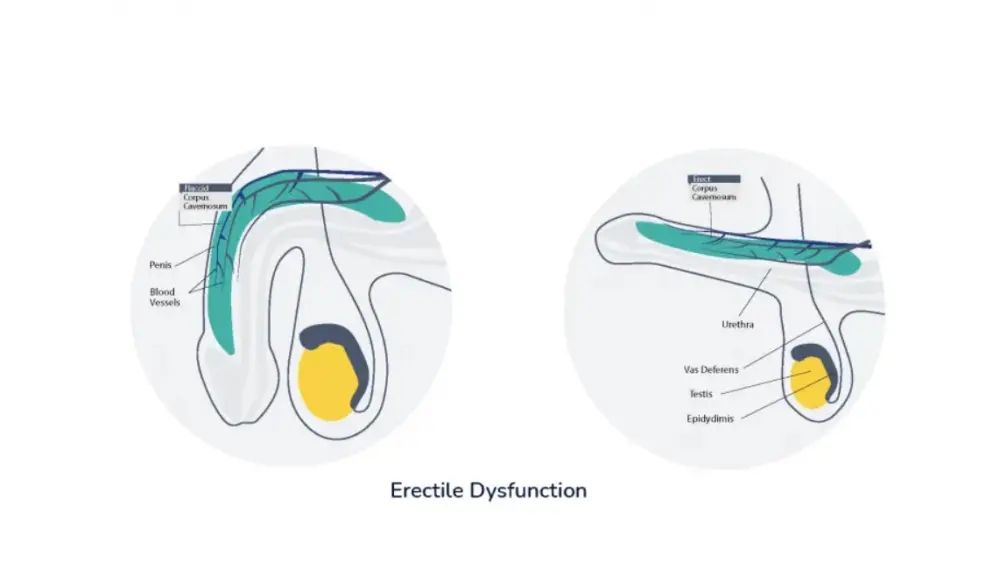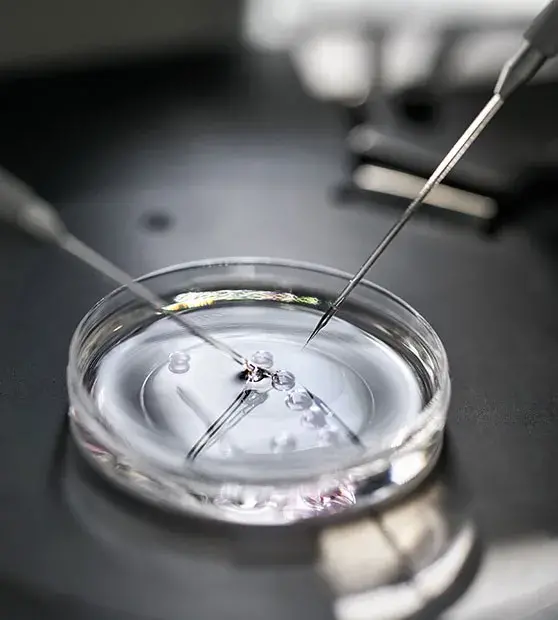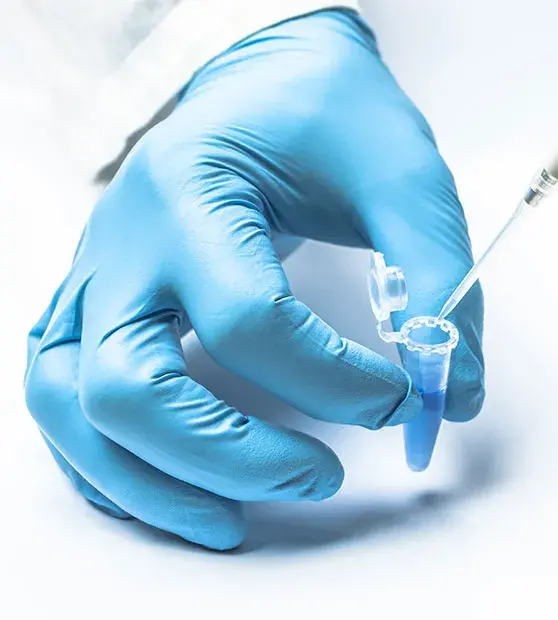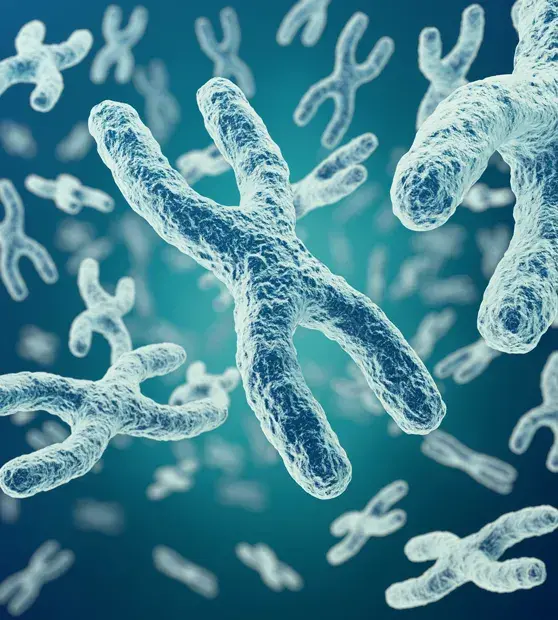Erectile dysfunction (ED)
Erectile dysfunction (ED) refers to the loss of ability to get and maintain a firm erection for intercourse. It causes significant depression and anxiety in men and their partners and impairs quality of life.
What are the causes of ED?
ED can cause due to physical or emotional problems or both. ED occurs due to specific physical health problems, and they are:
- Inadequate blood flow to the penis, when the penis unable to trap blood during an erection.
- Nerve signals from the brain or spinal cord fail to reach the penis.
- Certain medical conditions (like Diabetes, Heart disease, Hypertension).
- Tobacco use.
- Alcohol abuse.
- Sleep problems.
- Low testosterone levels.
- Side effects of drugs.
Emotional causes of ED include:
- Depression.
- Anxiety.
- Too much stress.
- Relationship conflicts.
What are the symptoms of ED?
The vital sign of ED is the inability of a man to achieve and maintain an erection. Also, this condition reduces the sexual desire of the man.
Does it affect fertility?
Even after experiencing this condition, the person can still produce healthy sperms. The problem arises while transferring the sperms to his partner. Therefore, the conception process becomes complicated.
How can the ED be diagnosed?
Generally, a physician discusses the whole set of difficulties arising with the patient. The condition can be confirmed based on this discussion. The questionnaire during the discussion might affect the patient′s privacy. However, it helps comprehend the real reason behind the problem. Tests such as blood count, lipid tests, and blood sugar help analyze if the dysfunction is associated with any other conditions.
Tests for underlying conditions involve:
- Physical assessment: the male’s penis and testicles are evaluated carefully, and the nerves are checked for sensation.
- Blood tests help detect medical problems like diabetes, heart disease and detect low levels of testosterone.
- Urine tests help to explore the symptoms of diabetes and other underlying medical problems.
- Psychological examination: The healthcare provider may ask specific questions. This helps in screening depression or other likely psychological reasons behind ED.
- Ultrasound: This test produces a video image of the male organ. This lets the physician in detecting blood flow problems.
How to prevent ED?
Certain lifestyle modifications can help to prevent ED, and they are:
- Weight loss.
- Minimizing the consumption of alcohol.
- Quitting smoking.
- Exercise regularly.
Apart from lifestyle modifications, consult with a doctor for regular health checkups and other medical screening tests to manage chronic health conditions like diabetes or heart disease. It is also important to get proper counseling for anxiety, depression, or other psychological problems.
How do doctors treat ED?
If a person is experiencing erectile problems, it is essential to consult with the doctor. ED can be treated in various ways based on the cause and severity of a person’s erectile dysfunction and underlying health conditions. Treatment options include:
- Oral medications.
- Penile injections.
- Vacuum devices.
- Testosterone Therapy.
- Surgery (penile implant).




